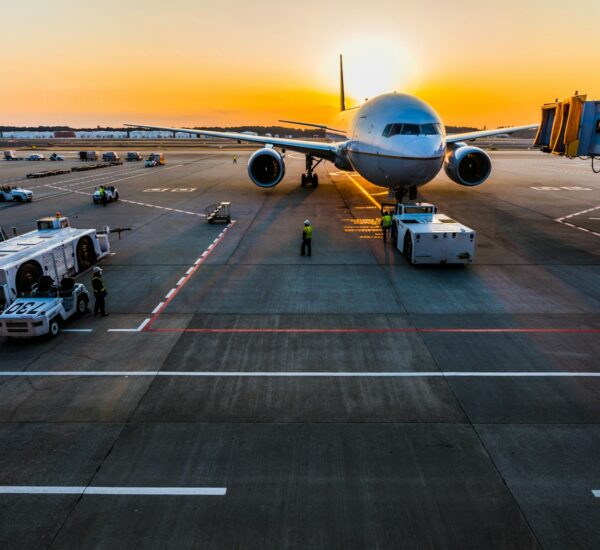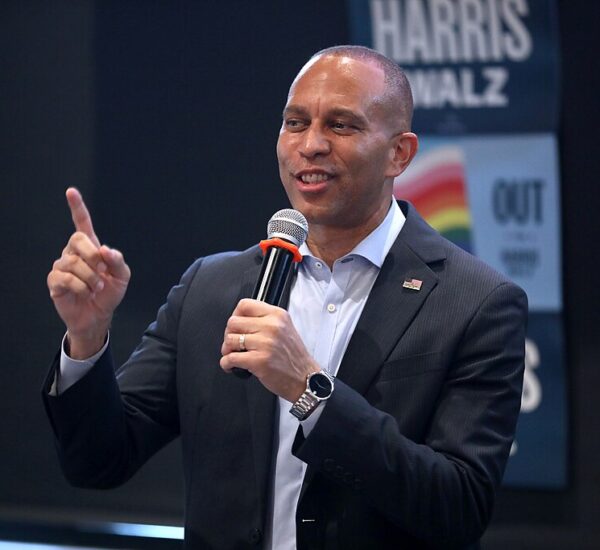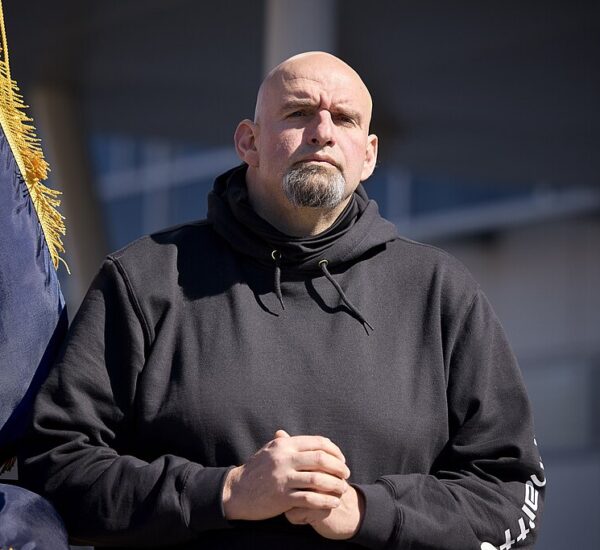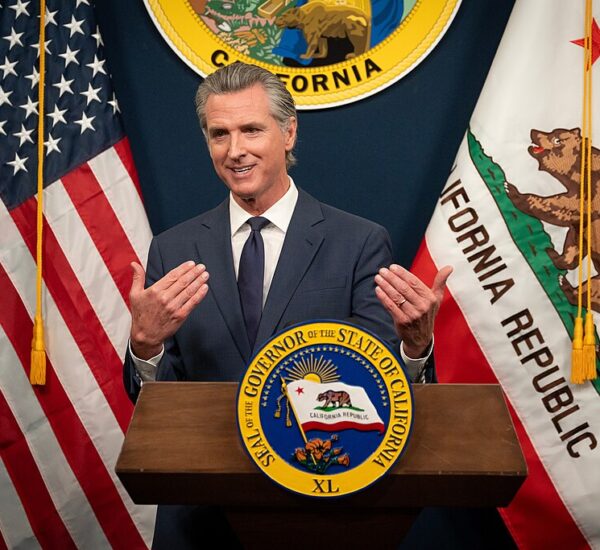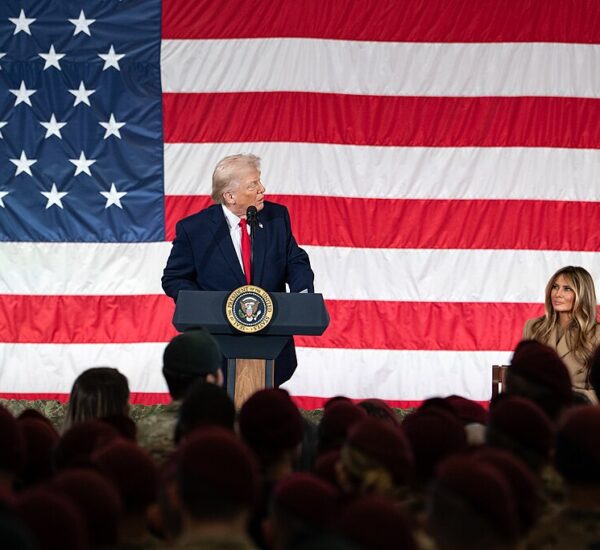Here’s what happened.
Former Vice President Dick Cheney’s funeral on Thursday revealed just how far Washington’s political establishment will go to keep President Donald Trump and Vice President JD Vance out of the room. While the mainstream media praised the ceremony as a “bipartisan gathering,” the guest list told a very different story — one that many conservatives saw as an unmistakable snub toward the America-First movement.
Instead of welcoming the current White House leadership, the service was packed with Democrats who spent decades attacking Cheney during the Bush administration. MSNBC anchor Rachel Maddow, former House Speaker Nancy Pelosi, Democratic strategist James Carville, Rep. Jamie Raskin, Dr. Anthony Fauci, and former Vice President Al Gore all received front-row treatment.
Even more striking, the front pew was reserved for Joe Biden, Jill Biden, and Kamala Harris, alongside George W. Bush and former Vice President Mike Pence — a lineup that looked more like a reunion of the D.C. establishment than a celebration of Cheney’s life.
Several Republicans attended, including Senate Majority Leader John Thune. But House Speaker Mike Johnson — who has clashed repeatedly with Liz Cheney — was nowhere to be found. His absence only fueled speculation about how political the event had quietly become.
Adding to the tension, the White House has still not issued formal condolences to the Cheney family. Officials admitted that flags were lowered at the executive mansion only because federal law required it, not because the Biden administration chose to honor Cheney’s service.
Liz Cheney, who rose to national prominence by siding with Democrats during the January 6 committee hearings to target President Trump, spoke at the funeral. Another speaker, her father’s longtime cardiologist, recounted Cheney’s decades of health struggles and his well-known fighting spirit.
But the real message of the day was unmistakable: Washington’s old guard, once bitter enemies of Cheney, have now embraced him — not because of his policies, but because of their shared hostility toward Donald Trump. Many of the same voices who once condemned Cheney as a “warmonger” now praise him simply because he opposed the America-First agenda.
This political realignment became clear last year when Cheney endorsed Kamala Harris over President Trump, calling Trump “the greatest threat to our republic.” It was a dramatic statement that stunned conservatives, especially given Cheney’s own controversial history.
That endorsement — and Thursday’s guest list — cemented a reality many Americans see clearly: the D.C. establishment will rally behind anyone who attacks Trump, even if it means rewriting their own past.
For conservatives watching from home, the exclusion of Trump and Vance wasn’t just a scheduling decision. It was a message from the permanent political class — one more reminder that the fight between the America-First movement and Washington’s entrenched power players is far from over.


